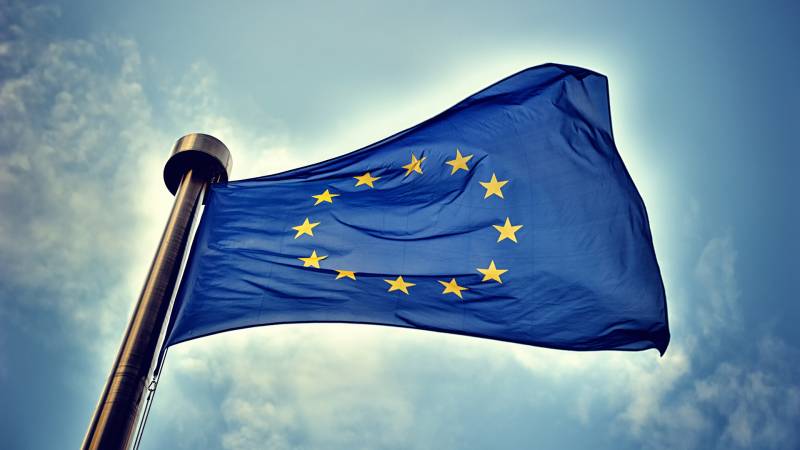Luxembourg (Reuters) - The European Union on Monday reaffirmed its support for a 2015 nuclear deal between Iran and world powers despite sharp criticism of the accord by President Donald Trump, and it urged US lawmakers not to reimpose sanctions on Tehran.
Trump defied both U.S. allies and adversaries on Friday by refusing to formally certify that Tehran is complying with the accord, even though international inspectors say it is, and said he might ultimately terminate the agreement.
EU foreign ministers meeting in Luxembourg said a failure to uphold an international agreement backed by the UN Security Council could have serious consequences for regional peace, and also undermine efforts to check North Korea’s nuclear ambitions.
“As Europeans together, we are very worried that the decision of the US president could lead us back into military confrontation with Iran,” German Foreign Minister Sigmar Gabriel told reporters.
After a closed-door meeting chaired by EU foreign policy chief Federica Mogherini on how best to proceed on the Iran issue, the ministers issued a joint statement saying the 2015 deal was key to preventing the global spread of nuclear weapons.
“The EU is committed to the continued full and effective implementation of all parts of the JCPOA,” it said, referring to the ‘Joint Comprehensive Plan of Action’, the formal name of the accord with Iran agreed in July 2015 in Vienna.
“Non-proliferation is a major element of world security and rupturing that would be extremely damaging,” French Foreign Minister Jean-Yves Le Drian told reporters. “We hope that Congress does not put this accord in jeopardy.”
Mogherini said she would travel to Washington early next month to try to muster support for the accord.
The International Atomic Energy Agency (IAEA) says Iran is complying with its commitments under the accord, which Trump has branded “the worst deal ever negotiated”.
The EU still has sanctions in place against members of Iran’s Islamic Revolutionary Guard Corps, a major target of Trump’s criticism.


